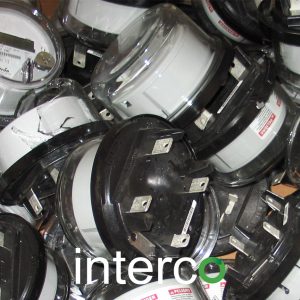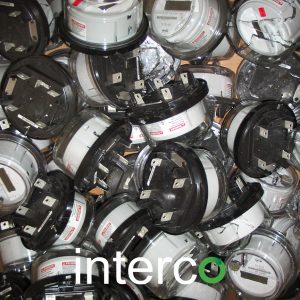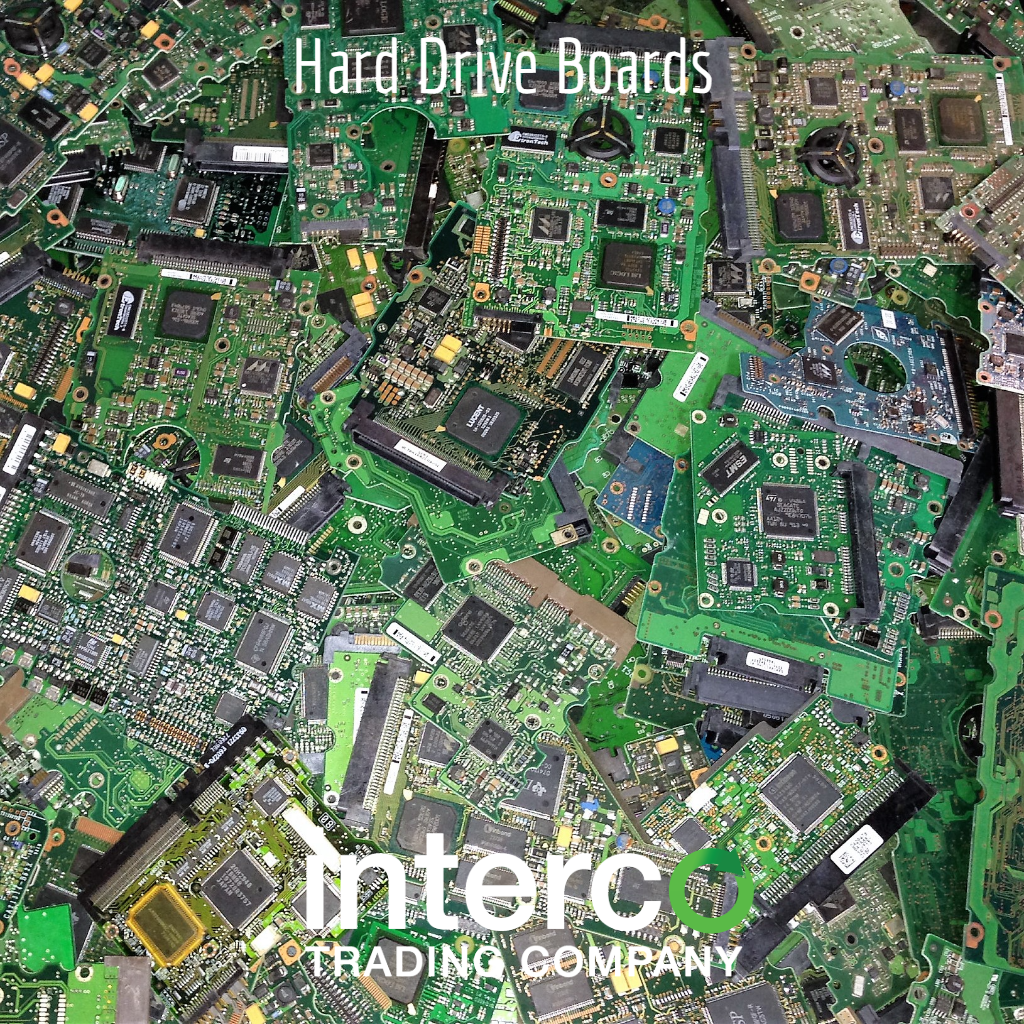Electric Meter Recycling in Iowa
Interco works with electric organizations and electric cooperatives to recycle electric meters. Electric meter recycling in Iowa displays to be a principal practice because of the level of changes with electric meter technology.

Analog electric meters once required a meter reader to walk around neighborhoods, read the meters, and return to the office. After this procedure, they needed to physically enter the information to process a receipt for the services. Eventually, smart meters replaced analog meters. Smart meters changed the structure for data gathering for utility associations.
The presentation of smart meters meant meter readers never again expected to walk house-to-house. Thus, they could drive a well-prepared van through a region and gather the data transmitted directly. Smart meters continue superseding analog meters. As of now, manufacturers produce much smarter meters equipped with 5G technology. The new meters offer more precision and data security and can pinpoint the obvious region of a meter inside two or three feet or less.
Electric affiliations will have more old meters in the next decade than in the past 25 years consolidated because of developments in technology. In this way, affiliations must continue to recycle utility meters.
Preparing to Recycle Electric Meters
In order to recycle utility meters correctly, companies must understand the different types of meters:

- Analog meters with glass covers
- Digital meters with glass covers
- Digital meters with plastic covers
These meters all have different attributes and distinct preparation processes. Analog meters have minimal measure of significant worth and often come with a glass cover that must be evacuated. Digital meters have a higher worth and routinely have a plastic covering that does not need to be removed. Glass covers weigh a ton and should be ousted from all scrap utility meters before recycling. Moreover, the glass covers weigh more than the meter itself and could meddle with electric meter recycling in Iowa. Debilitating glass covers shows to be essential in order to recycle utility meters.
After detaching different meters and potentially removing the cover, organizations must pack their scrap utility meters for transportation. Packing loosely in palatalized Gaylord boxes proves to be the best approach for moving scrap utility meters. Thus, this procedure takes into consideration reasonable loading and unloading, proficient trailer packing, and decreased transportation costs. Interco can provide pallets and packing supplies for transportation if associations need them.
Why Recycle Electric Meters
After Interco gets the correctly packaged scrap utility meters without glass coverings, the system to recycle electric meters begins. Interco has many years of experience in electric meter recycling in Iowa. This experience licenses Interco to have up to a 98% material recycling and recovering rate. Interco will proceed with this rate by:

- Detaching stainless steel rings and collars
- Refining all non-ferrous and ferrous metals
- Disconnecting circuit boards
- Bailing cardboard boxes
In addition to avoiding the land-filling of scrap utility meters, electric meter recycling in Iowa gives extra central focuses. As a result, Interco must continue to recycle electric meters in order to find the different materials that can be found inside these meters:

- Insulated copper wire
- Aluminum ground wire
- Brass screws
- Printed circuit boards
- Steel
Conclusion
In conclusion, the need to recycle utility meters builds up every day. Therefore, technology grows rapidly and will keep on doing as such. Thus, the level of old electric meters will keep on expanding. Responsible organizations must find the right recycling company to send their scrap to. Finally, Interco recycles thousands of meters each year. Click here if you have any questions on how to recycle electric meters with Interco.